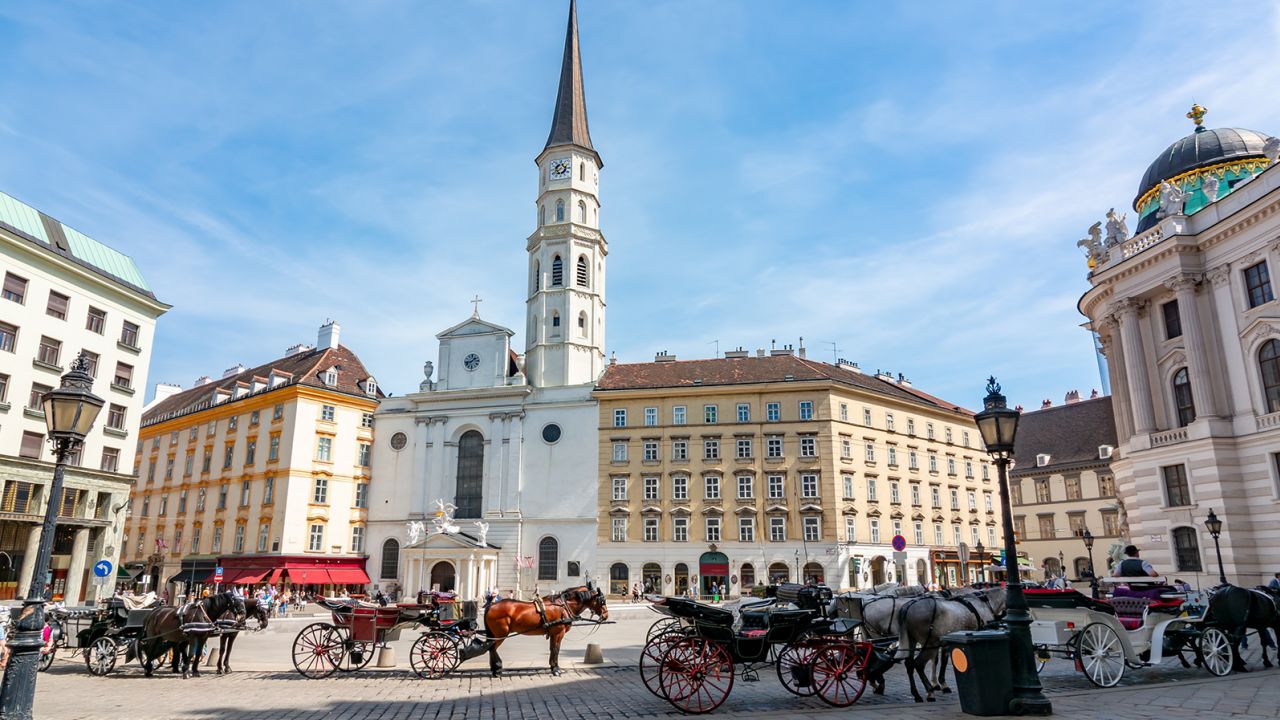Global City Livability Index
"The removal of covid-related restrictions has overall boded well for global liveability in 2023.""Education has emerged stronger with children returning to schools alongside a significantly reduced burden on hospitals and healthcare systems, with some notable improvements in cities across developing economies of Asia and the Middle East.""As the world’s political and economic axis continues to shift eastwards, we expect the cities in these regions to move slowly up our liveability rankings."Upasana Dutt, Head of Liveability Index at EIU"None of these cities has seen a particularly sharp decline in their index scores, but they have failed to make the gains that many other cities – particularly those in Asia – have made in the past year.""Of the five categories covered by our index, only stability has seen a decline.""Strains on public order and economic headwinds have also increased instances of crime in some cities, and this will continue to be a risk for the future.""All of this suggests that stability scores in our Liveability Index are unlikely to recover quickly."Barsali Bhattacharyya, Industry Research Manager, EIU"Strains on public order and economic headwinds have also increased instances of crime in some cities, and this will continue to be a risk for the future. All of this suggests that stability scores in our Liveability Index are unlikely to recover quickly.""Education has emerged stronger with children returning to schools alongside a significantly reduced burden on hospitals and healthcare systems."EIU (Economist Intelligence Unit) Report
 |
| Vienna has been ranked as the most liveable city in the world on EIU’s Global Liveability Index once again. Vladislav Zolotov/iStockphoto/Getty Images |
The Economist Intelligence Unit has issued its annual report on the livability of the globe's large cities by ranking 173 cities on measurements in over 30 qualitative and quantitative factors in five broad categories that include: stability, health care, culture and environment, education and infrastructure. Critical categories for assessment include access to health care, green space, cultural and sport activities, crime rates and infrastructure; factors considered in establishing the competitive rankings.
The list varies from year to year with some high ranking cities slipping a few notches and others rising in reflection of their improved living conditions. The years of the coronavirus pandemic had a distinct impact on the livability of cities everywhere in the world as they became less 'livable' given the series of lockdowns, the move to remote learning in the education system, the breakdown of health care systems flooded with COVID patients, and the business world turned inside out.
Now that global economies are back on track, cities have re-opened, airlines are back in business, people are finding new employment and quality of life has improved immeasurably, normalcy has resumed with the reopening of cultural facilities, students returned to the classroom, and hospitals catching up to the countless cancelled or delayed surgical procedures throughout the stressful years of confinement and emergency strategizing. The Economist, compiler of the list, this year saw the highest average score on all counts in 15 years.
Vienna took the title of world's most livable city for the second year in a row, based on a wide range of indicators. Copenhagen, Sydney and Melbourne leaped upward to claim third and fourth places in a reversal of their descent down the ladder of livability while coping with the strains of the coronavirus threats. The compilation and ranking of the list saw the most improvement in Asia-Pacific countries. Eight of the ten most active upward risers were from the Asia-Pacific region. Wellington, New Zealand rose 35 places to shift upward to 23rd. Auckland rose 25 places to number 10, while Hanoi moved up 20 places to achieve the 129th placement.
 |
| Calgary was one of three Canadian cities to make it into the top 10 on the 2023 list. jenifoto/iStockphoto/Getty Images |
Three cities in the United Kingdom -- Edinburgh, Manchester and London -- and two in the U.S. -- Los Angeles and San Diego -- slipped the furthest of the top-ranked cities. As for China, most of its cities were identified as "broadly stable when compared to last year's results". Unsurprisingly Damascus, Syria and Tripoli in Libya remain at the very bottom of the list. The obvious results impacting their livability that of internal deadly conflict, social unrest and terrorism. Factors that included Kyiv's ranking.
The cities in the top ten in 2023 are:
- Vienna, Austria
- Copenhagen, Denmark
- Melbourne, Australia
- Sydney, Australia
- Vancouver, Canada
- Zurich, Switzerland
- Calgary, Canada
- Geneva, Switzerland
- Toronto, Canada
- Osaka, Japan
- Auckland, New Zealand
Those cities at the bottom ten in ranking are:
164. Douala, Cameroon
165. Kyiv, Ukraine
166. Harare, Zimbabwe
167. Dhaka, Bangladesh
168. Port Moresby, Papua New Guinea
169. Karachi, Pakistan
170. Lagos, Nigeria
171. Algiers, Algeria
172. Tripoli, Libya
173. Damascus, Syria
 |
Labels: City Rankings, Global City Livability, The Economist

0 Comments:
Post a Comment
<< Home